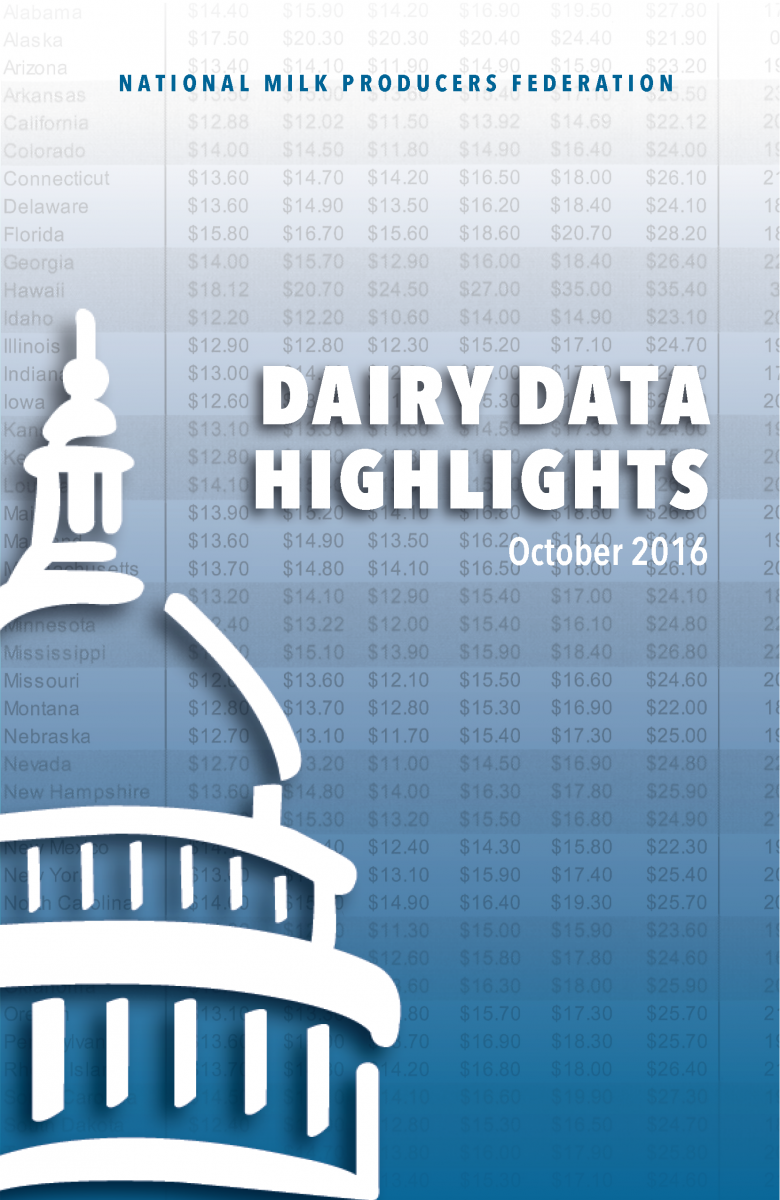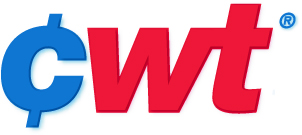ARLINGTON, VA – The National Milk Producers Federation today joined 15 other farm organizations in sending a letter to President-elect Donald Trump and Vice President-elect Michael Pence highlighting the importance of trade to America’s farmers.
Echoing points made in NMPF’s own letter to the President-elect last month, the producer groups’ Jan. 6 letter stated: “We know that securing positive benefits for American farmers, ranchers, and workers in trade will be a priority in your Administration. This includes enforcing existing agreements so that other countries abide by their commitments, as well as expanding market access for U.S. producers through new agreements. As the Trump Administration assembles its team and policies, U.S. agricultural trade interests must be maintained, not only in existing markets but by expanding access to new markets,” wrote the 16 groups.
NMPF President and CEO Jim Mulhern noted that farm groups must continue to emphasize that “the health of U.S. agriculture depends on our ability to sell our products outside of the United States. The growth of America’s dairy sector is directly tied to our ability to export. We have a positive trade balance in agriculture, and don’t want to see those hard-earned export markets eroded.”
Mulhern said the U.S. dairy sector exports 14 percent of its milk production, “which last year was worth over $5 billion, in the process generating more than 120,000 jobs in dairy farming, manufacturing and related sectors. Any disruption in exports of dairy and other food products would have devastating consequences for our farmers, and the many American processing and transportation industries and workers supported by these exports.”
###
The National Milk Producers Federation (NMPF), based in Arlington, VA, develops and carries out policies that advance the well-being of dairy producers and the cooperatives they own. The members of NMPF’s cooperatives produce the majority of the U.S. milk supply, making NMPF the voice of dairy producers on Capitol Hill and with government agencies. For more on NMPF’s activities, visit our website at www.nmpf.org.

 The 2016 edition of NMPF’s Dairy Data Highlights – complete with a redesigned cover – is now available to order.
The 2016 edition of NMPF’s Dairy Data Highlights – complete with a redesigned cover – is now available to order. Cooperatives Working Together
Cooperatives Working Together



